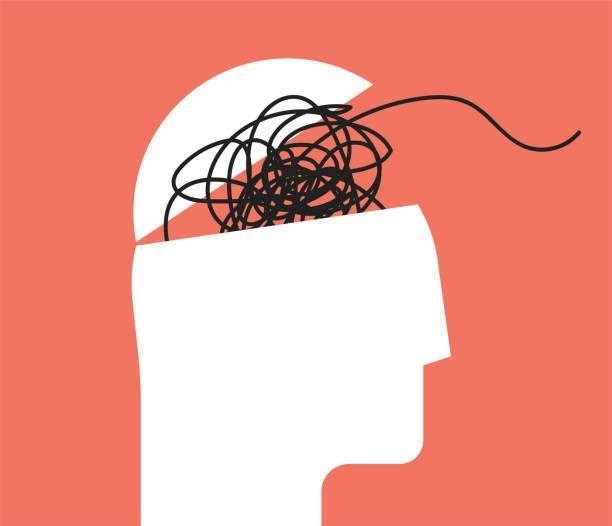Attention deficit/hyperactivity disorder (ADHD) is a neurodevelopmental disorder characterized by a persistent pattern of inattention and/or hyperactivity-impulsivity that interferes with daily functioning or development. The symptoms should be present in more than one setting (home and school). ADHD causes significant impairments in social, academic, and occupational functioning.
ADHD is usually diagnosed in childhood, where early intervention strategies can have a positive impact on a child’s future outcomes. ADHD is often underdiagnosed in adults.
Until recently ADHD was perceived to be a disorder of childhood, not extending into adulthood. Contrary to this belief, 30% of children diagnosed with ADHD, will continue to have symptoms in adulthood.
Many adults with ADHD symptoms are not accurately diagnosed and treated.
The symptoms of ADHD, such as mood instability, restlessness and impulsivity, overlap with other disorders (mood and anxiety), making it difficult to diagnose.
Males are 9 times more likely to be diagnosed than females. ADHD is less likely to be diagnosed in females due to their varied presentation. Females present with inattention and ‘internalising’ (depression and anxiety) symptoms, that are less detectable than the symptoms of hyperactivity and impulsivity mostly present in males. Females have demonstrated better coping strategies, masking the symptoms and impact of their ADHD.
In school age children, boys are more likely to be referred for an ADHD assessment compared to girls, despite girls being as functionally impaired as boys. The girls with ADHD presented with less aggression and disruptive behaviours, delaying the diagnosis and treatment of their ADHD.
When left untreated, ADHD can have a detrimental impact on work, family-life, socialising, relationships and schooling. Whilst some adults with ADHD appear to be coping, they are often expending unnecessary and excessive amounts of energy trying to compensate for their impairments. They often feel frustrated, incapable, ‘stupid’, disorganised, and a sense of failure due to not achieving their potential. They might get labelled as ‘difficult’, or ‘lazy’, causing negative self-esteem, depression and anxiety. People with ADHD find it challenging to sustain their relationships and are less productive at work due to their difficulties with planning, prioritising and organising their tasks. ADHD is associated with higher rates of substance misuse.
Common symptoms of adult AHD:
- Impulsiveness
- Disorganization
- Poor time management and difficulty prirotizing
- Trouble multitasking
- Excessive activity or restlessness
- Poor planning
- Low frustration tolerance
- Frequent mood swings
- Problems completing tasks
- Hot temper
- Speeding
- Difficulty concentrating in meetings
- Losing items
- Forgetting obligations
- Trouble coping with stress
Treating ADHD at any stage of life will help prevent its lasting negative impacts. ADHD is a predominantly a clinical diagnosis, however due to symptom overlap, the presentation might be less obvious. Neuropsychological assessments and brain mapping techniques can be used to clarify the diagnosis, prognosis and comprehensive treatment needs of the client. Medication and psychological strategies are used to treat ADHD effectively.
References
Ginsberg, Y., Quintero, J., Anand, E., Casillas, M., & Upadhyaya, H. P. (2014). Underdiagnosis of attention-deficit/hyperactivity disorder in adult patients: a review of the literature. The primary care companion for CNS disorders, 16(3), PCC.13r01600. https://doi.org/10.4088/PCC.13r01600
Quinn, P. O., & Madhoo, M. (2014). A review of attention-deficit/hyperactivity disorder in women and girls: uncovering this hidden diagnosis. The primary care companion for CNS disorders, 16(3), PCC.13r01596. https://doi.org/10.4088/PCC.13r01596
https://knowablemagazine.org/article/mind/2020/adhd-in-girls-and-women


